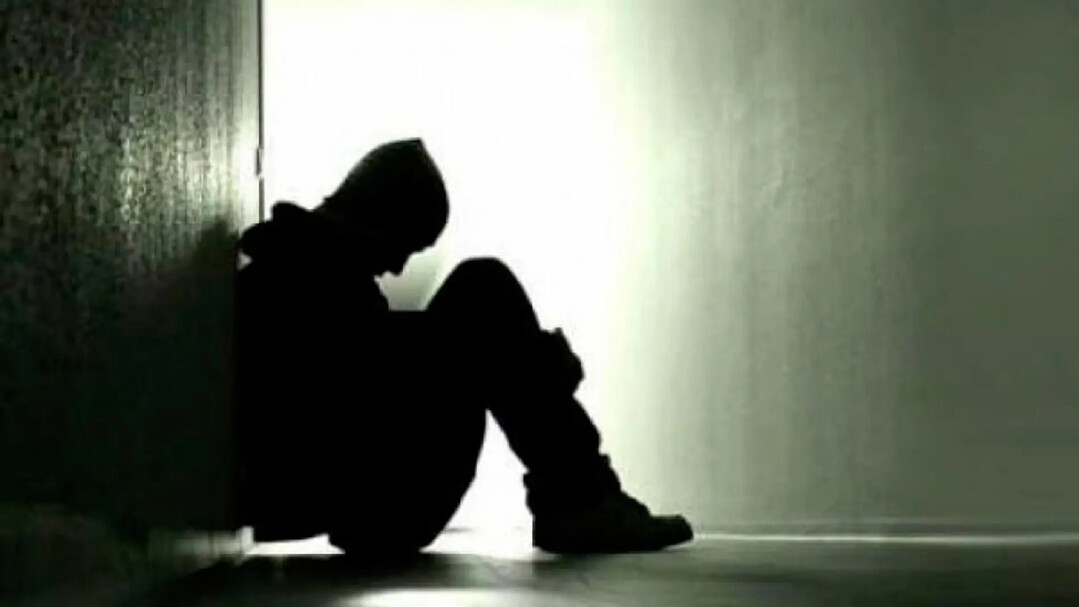
A shocking reality has been revealed in Brazil: a teenager harms themselves or attempts suicide every 10 minutes. A deep analysis of data from the Ministry of Health's 'Disease Notification System (Sinan)' by the Brazilian Society of Pediatrics (SBP) shows a sharp increase in self-harm and suicide attempts among adolescents aged 10 to 19. This is more than just a statistic; it's a warning signal of a severe crisis in youth mental health across society.
Over the past two years, an average of 137 cases of adolescent self-harm and suicide attempts were reported daily, with about 1,000 adolescents losing their lives each year. Experts point out that even these numbers are likely underreported, which further highlights the seriousness of the situation. Despite a mandatory reporting system, underreporting is frequent in practice.
Behind this tragedy are the various psychological distresses that adolescents face. SBP experts analyze that suicide is not a simple event but the result of deep psychological suffering. Teenagers, in particular, are sensitive to external pressures and emotionally vulnerable during the confusing period of finding their identity. The increasing prevalence of mental illnesses like anxiety and depression, combined with excessive academic and family pressure and the risks of the digital environment, are pushing these young people to the brink.
Experts emphasize the importance of paying attention to subtle behavioral changes in adolescents. Persistent sadness, loss of interest in previously enjoyed activities, signs of self-harm, and hopelessness about the future can all be silent signals for help. Edson Liberal, president of the SBP, asserts that "in many cases, self-harm is a silent plea for help" and that it is crucial for parents and teachers to listen to and warmly embrace the stories of adolescents.
Adolescent mental health is no longer an individual problem but a challenge facing society as a whole. We must not stop listening to their distress signals and making a genuine effort to understand their pain. It is urgent to establish a social system that addresses the root causes of their suffering and provides continuous attention and support.
[Copyright (c) Global Economic Times. All Rights Reserved.]




























